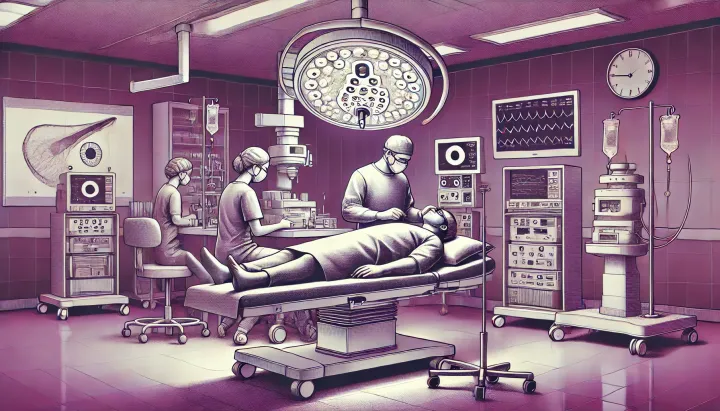States Approve GST Package for 2027, Reject Income Tax Hike
An emergency Budget may be introduced to address a £23m. shortfall with hospital extension under threat.

- States members have endorsed a GST package set to begin in 2027.
- A proposed income tax increase from 20% to 22% was rejected.
- The rejection leaves a £23 million deficit in the upcoming Budget.
- An emergency Budget may be introduced to address funding shortfalls.
- GST could be a significant issue in the upcoming General Election.
READ IN FULL
The States has paved the way for the introduction of a Goods and Services Tax package by the start of 2027 while rejecting a proposed increase in income tax.
This decision follows four days of debate during which the Policy and Resources Committee advocated for an income tax rise from 20% to 22% in order to support next year’s spending plans.
However, only ten members of the States voted in favour of this proposition.
The rejection of the income tax increase means that the States must now consider alternative measures to balance its budget.
An emergency Budget may be required in the New Year, which could lead to delays in major capital projects, including the next phase of the hospital extension.
The States are facing significant constraints on their spending capacity, with estimates indicating a £100 million reduction in available funds for capital projects due to the lack of an income tax increase alongside existing commitments.
During the discussions, Deputy Lyndon Trott, President of the Policy and Resources Committee, highlighted the consequences of rejecting the income tax rise, stating that alternative revenue proposals would need to be presented within the next two months.
He indicated that the absence of real-term increases in indirect taxes like TRP and alcohol duty might need re-examining.
The Assembly has opted for a package of revenue-raising measures to be implemented from 2027.
This package includes a 5% GST, an additional 15% lower tax rate band for individuals, and a restructuring of social security contributions, among other mitigating strategies.
There will also be a review on whether food items should be included in the GST framework; if omitted, the standard rate may increase to 6%.
Given the current situation, GST is expected to emerge as a central issue in the upcoming General Election in June.
The responsibility for deciding on the package will fall to a new set of States members following the election.
Previous opponents of GST have shown willingness to accept the concept due to the proposed mitigating measures designed to protect those on lower incomes.




Comments ()